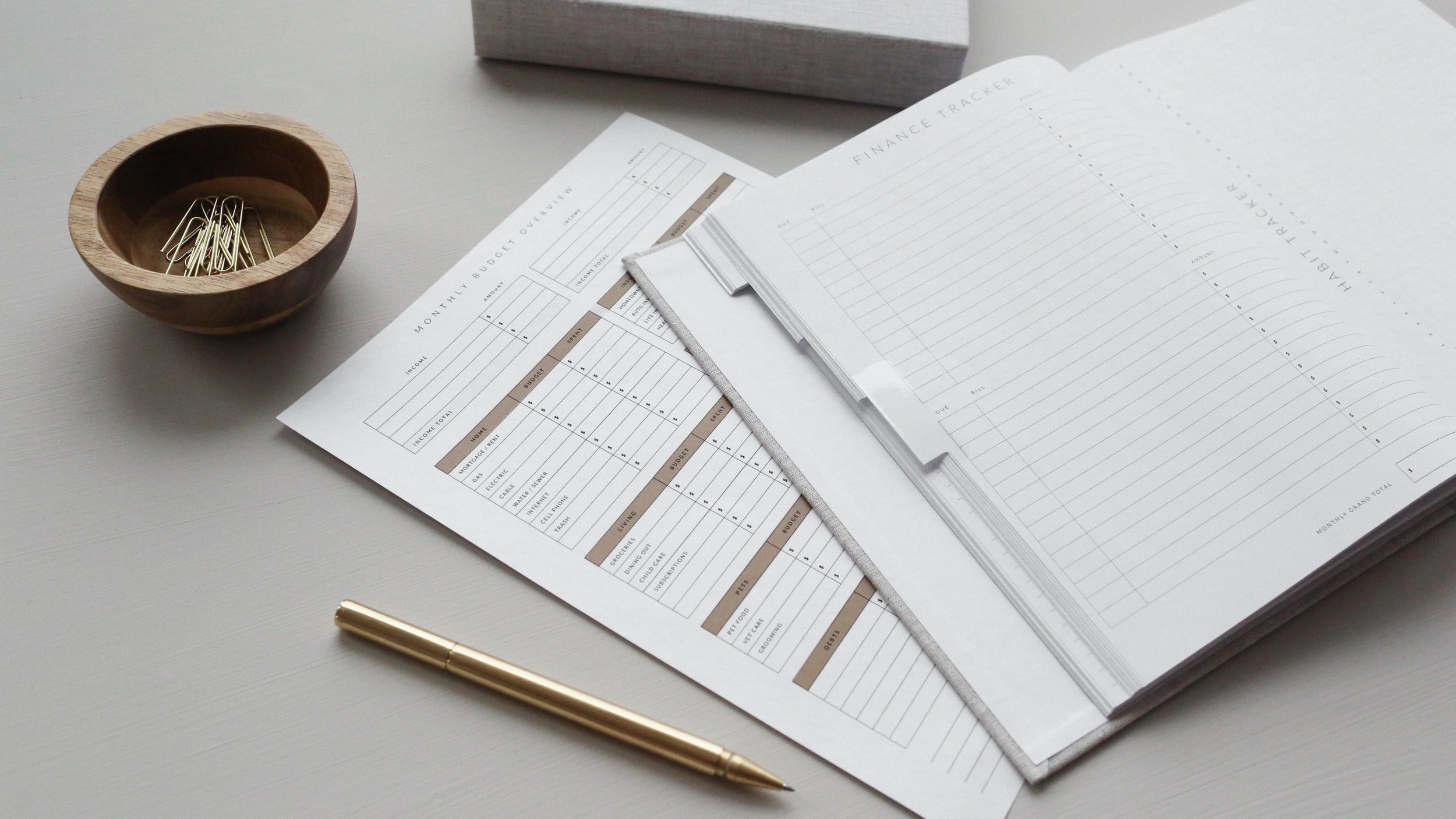How to Use the Future Continuous in English
Do you get a bit confused with the future continuous in English?
Then, you’ve landed on the right post!
In this quick lesson, we’ll be discussing the different uses of the future continuous in detail.
As the name suggests, we use the future continuous in English to talk about an action that will be in progress at a specific point in the future. The future continuous is also referred to as the future progressive.
But there’s more to consider. Here are the different points we’ll look at today:
How to form the future continuous in English
When to use the future continuous in English
To talk about events in progress in the future
To talk about arrangements and future plans
To ask about future plans politely
To talk about habitual actions in the future
“Anyway” and the future continuous
“Still” and the future continuous
To talk about a future action occurring at the same time
Using future continuous to talk about the present
The difference between the future simple and the future continuous
There’s a lot of ground to cover, isn’t there? So, let’s get started!
Teaching English Just Got Easier!
Save hours of time with an organized collection of high quality, easy-prep ESL lesson plans and worksheets right at your fingertips.
Tips on Using the Future Continuous in English
How to form the future continuous
We structure the future continuous with: will + be + -ing
Affirmative
I will be working at this time tomorrow.
Negative
I will not be working at this time tomorrow.
Interrogative
Will you be working at this time tomorrow?
When to use the future continuous in English
To talk about events in progress in the future
As we mentioned earlier, the future continuous is often used to talk about events that will start in the future and continue for a period of time.
We can use the future continuous with “will”:
She will be working all weekend.
We can also use the future continuous with “be going to”:
She is going to be working all weekend.
To talk about arrangements and plans
The future continuous is also commonly used to refer to arrangements and plans:
I’ll be meeting up with John next week.
Sometimes we want to give someone a reminder or a warning about the occurrence of a shared plan, as in:
Our flight will be leaving in 30 minutes so hurry up!
The concert will be starting soon. Please don’t be late.
To ask about someone’s plans politely
There are times when you want to find out more about other people’s plans without influencing their intentions. In this case, you’re asking only for information, not to make a request. Notice the difference in meaning:
“Will you be working tomorrow?” “Yes, I will.”
(Meaning: I simply want to know your plans. Then, I will make my decision accordingly.)
“Will you work tomorrow?” “Sure, no problem.”
(Here I’m making a request.)
To talk about habitual actions in the future
Let’s say you have the habit of doing something every year or every weekend. You could use the future continuous in such a case:
We’ll be spending the holidays in Lanzarote as usual.
Like every Saturday, I’ll be playing football with my friends.
This also applies to temporary habitual actions:
For the next couple of months, I’ll be working in the evenings.
I’ll be calling you twice a week until the project is done.
“Anyway” and the future continuous
We often use the future continuous to talk about events that are expected to happen as a matter of course or “anyway.”
Let’s clarify this point with a dialogue:
A: “We don’t have any salt left. Should I buy some on the way back home?”
B: “No, please don’t make a special journey.”
A: “It’s okay. I’ll be going to the store anyway.”
Here’s another example:
I can send this parcel for you. I will be driving past the post office anyway.
Do you want me to give that to Anna for you? I’ll be seeing her for lunch anyway.
“Still” and the future continuous
We can combine still + future continuous, to talk about an action that is happening at the moment, and we think or guess that it will be continuing for some time:
Guess what? I’ll still be studying at midnight.
Will she still be calling us to help her with everything when she goes to college?
If you notice in these examples, the tone is one of annoyance or frustration, as the action may be extending longer than expected or desired.
To talk about a future action occurring at the same time
Some future actions coincide with other ones:
I’ll be waiting at the airport when your flight arrives.
The kids will be sleeping when you get back.
GRAMMAR POINT
Notice that in time clauses, (those starting with when, as soon as, after, before, etc.) we cannot use future tenses. Instead, we use the simple present.
I’ll be waiting at the airport when your flight will arrive.
I’ll be waiting at the airport when your flight arrives.
Using the future continuous to talk about the present
Did you know that our predictions can be about the present, but also extending into the future? Look at this example:
It’s 8 pm. Don’t call him now as he’ll be having dinner.
(Meaning: I infer because of the time that his dinner will be in progress now)
NOTE: In this last scenario, will can be replaced by other modal verbs such as could, may, or should with little difference in meaning.
What’s the difference between the future continuous and the future simple?
From my experience, I’ve noticed that English learners resort to the future simple almost exclusively.
Choosing between the future simple and the future continuous will entirely depend on the meaning you want to convey. And the continuous aspect holds the key to this difference.
With the future continuous, we focus on the duration of the action, whereas with the future simple we focus on the action itself.
Don’t call me between 8 and 10. I will be watching a movie.
What can we infer from this sentence?
Between 8 and 10 I will be in the middle of watching the movie, so if you decide to call me then, I won’t be able to talk to you.
What about the future simple? When can we use it?
Let’s wait for her to arrive. Then we will watch the movie.
What we know from this sentence is that we will start watching the movie when she arrives. In other words, the action won’t already be in progress before she arrives.
Still not clear? Let’s look at a couple of other examples.
At this time tomorrow, it will be raining.
I’m informing you that at this particular moment tomorrow, the rain will be already in progress.
But what if I say:
I think it will rain tomorrow.
Here, I used the simple future because we normally use this form to give general information about the future.
I hope this article clears up all your doubts about the future continuous in English! But if you have questions, please leave me a comment and I’ll be glad to help you.
About the Writer
Sol is an English teacher and a self-professed grammar geek. As a writer for In English With Love, her mission is to create content that will help encourage and inspire English learners.















